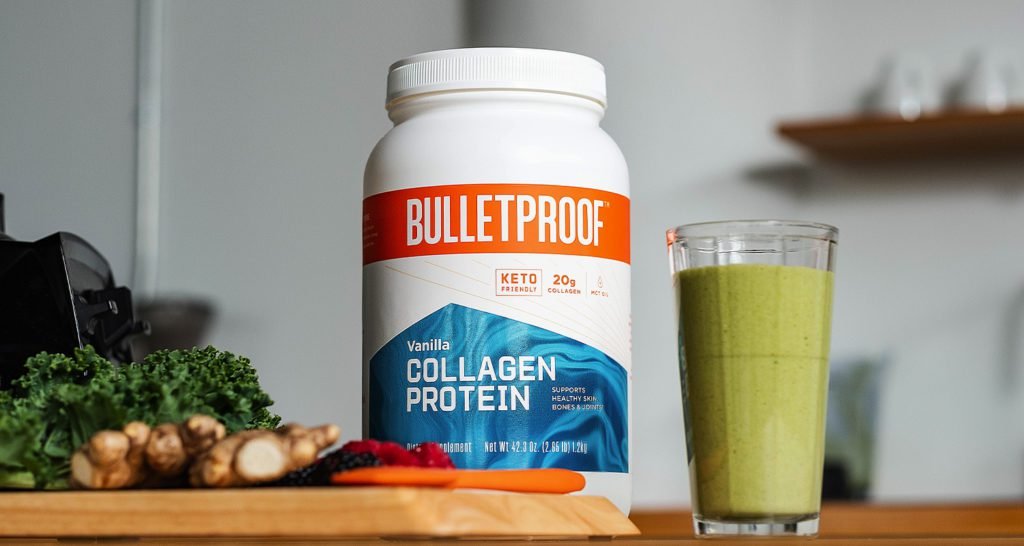What is the recommended amount of collagen that you should take each day? It’s a question many people are asking themselves. The answer is not as simple as it may seem. There are so many types of collagen on the market, and they all have different benefits. This blog post will discuss what type of collagen to take per day, depending on your specific needs. We also break down some myths about taking too much or too little collagen and share a few tips for getting enough in your diet.
What are collagen supplements?
Collagen is a type of protein that’s found in the human body and can be used as a dietary supplement to support health and wellness goals. It comes from two different sources: marine collagen, which has been sourced from fish scales, and animal-based collagen, such as beef or pigskin/hide healthy recipes for bone broth. Both types provide amino acids like glycine proline, lysine cysteine, alanine valine tryptophan, which play important roles in supporting joint health connective tissue growth cartilage production, muscle repair, menstrual cycle regulation, blood vessel strength, immune system function wound healing.

What doses of collagen are good for you?
Different types of collagen wellness products provide different benefits, and dosing can vary depending on your needs.
For example, marine-sourced collagen is higher in glycine than other collagen forms, making it a great source for supporting healthy skin hydration, hair growth, nails, joints, cartilage connective tissue healthy immune system function. It also contains amino acids that support muscle repair, menstrual cycle regulation, blood vessel strength, wound healing, cognitive function, digestive tract functions detoxification processes.
On the other hand, animal-based proteins like beef or pig hide/skin typically contain high levels of proline and hydroxyproline, which promote joint health, bone density, heart health, cardiovascular wellness, gastrointestinal health, thyroid functionality liver, and kidney function, DNA synthesis antioxidant protection cellular energy production. They do not naturally contain high glycine levels and may not be as effective in supporting skin, hair, nail health.
Collagen supplements for healthy aging
As we age, collagen production naturally slows down, resulting in wrinkles or sagging appearance, connective tissue loss, dryness, fragile nails, and hormonal changes like hot flashes slow wound healing. Taking a collagen supplement is an excellent way to combat these effects by providing your body with amino acids that promote cellular energy renewal support the formation of new muscle cells, bones, blood vessels cartilage ligaments tendons.
Not only does this help you look better, but it helps improve your quality of life, so you feel healthier. Collagen supplementation has also been shown to increase antioxidant protection, decrease inflammation reduce risk factors associated with heart disease, diabetes osteoporosis.

What should you do if you don’t like collagen supplements?
So, sometimes it’s not the easiest to get enough collagen in your diet. If that’s something that describes you and your lifestyle, we recommend trying a daily supplement. Collagen supplementation is one of the best ways to ensure your body gets an adequate supply of amino acids, which can be difficult when following a plant-based or restrictive diet. Supplementing with this amazing protein allows for easy and convenient intake – no need for special recipes or adding powders into drinks.
Whether at home on the go, taking a scoop of hydrolyzed marine collagen each day helps maintain healthy hair, skin, nails, joints, cartilage connective tissue immune system function without changing any other part of your daily routine.






